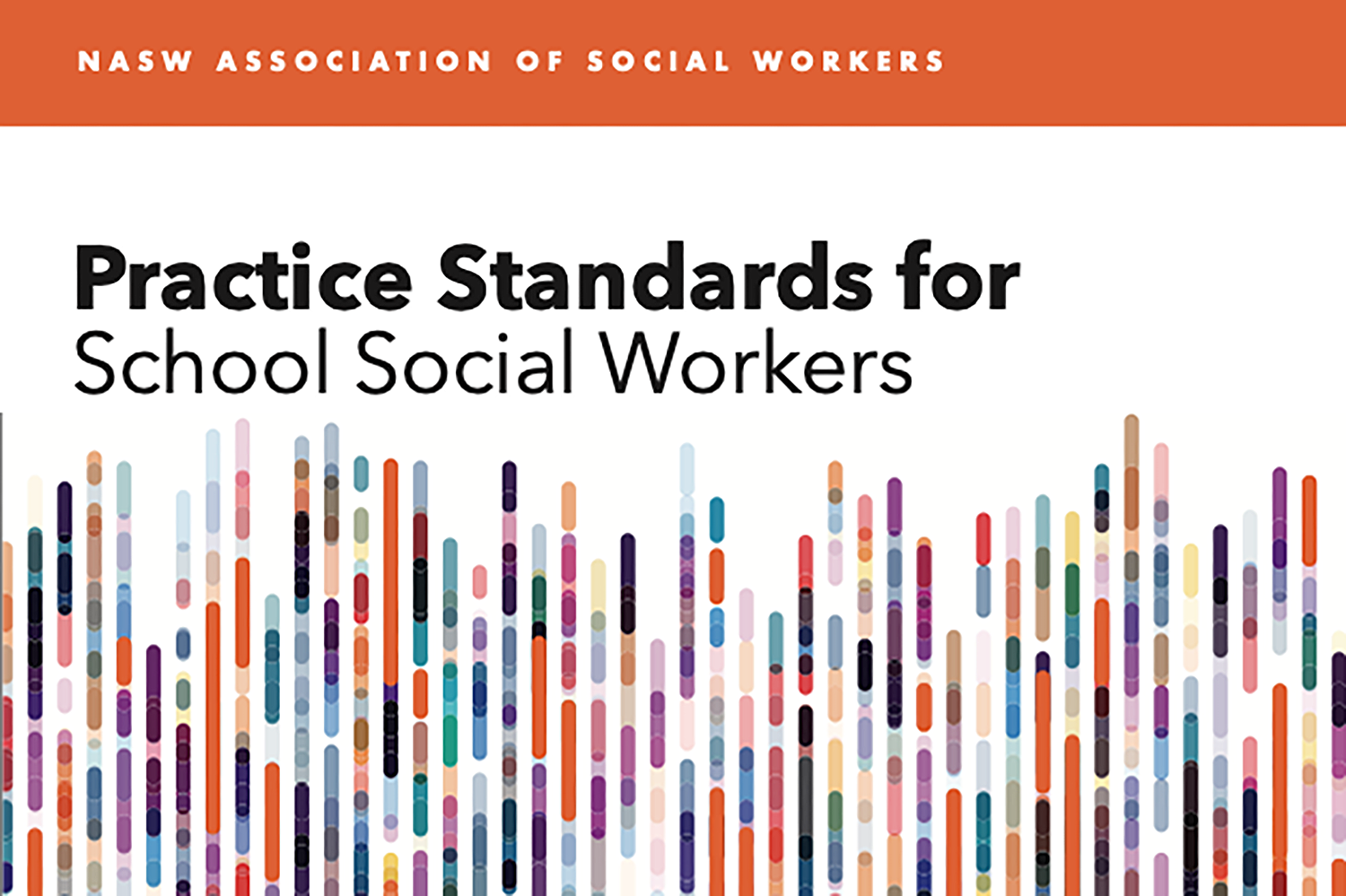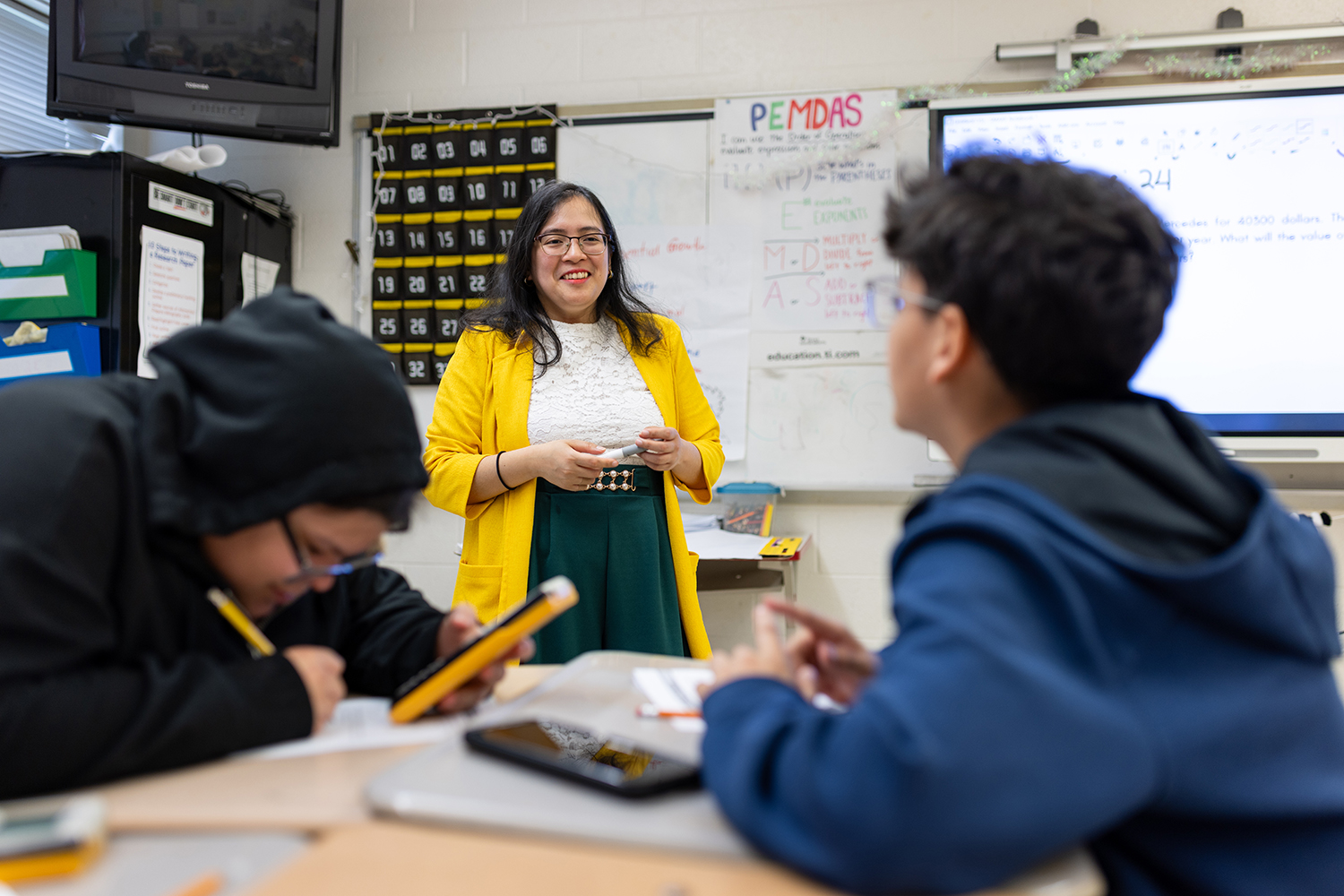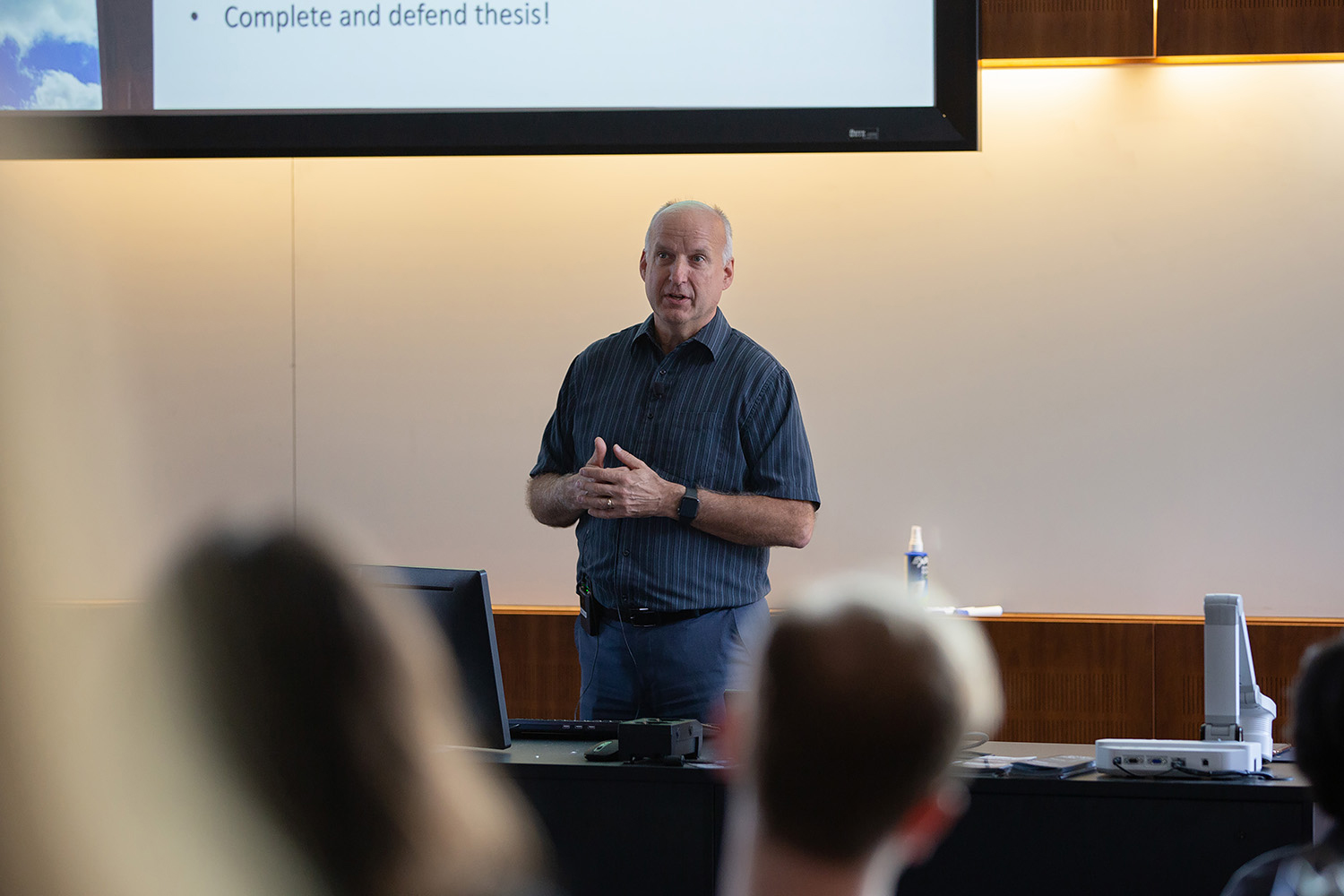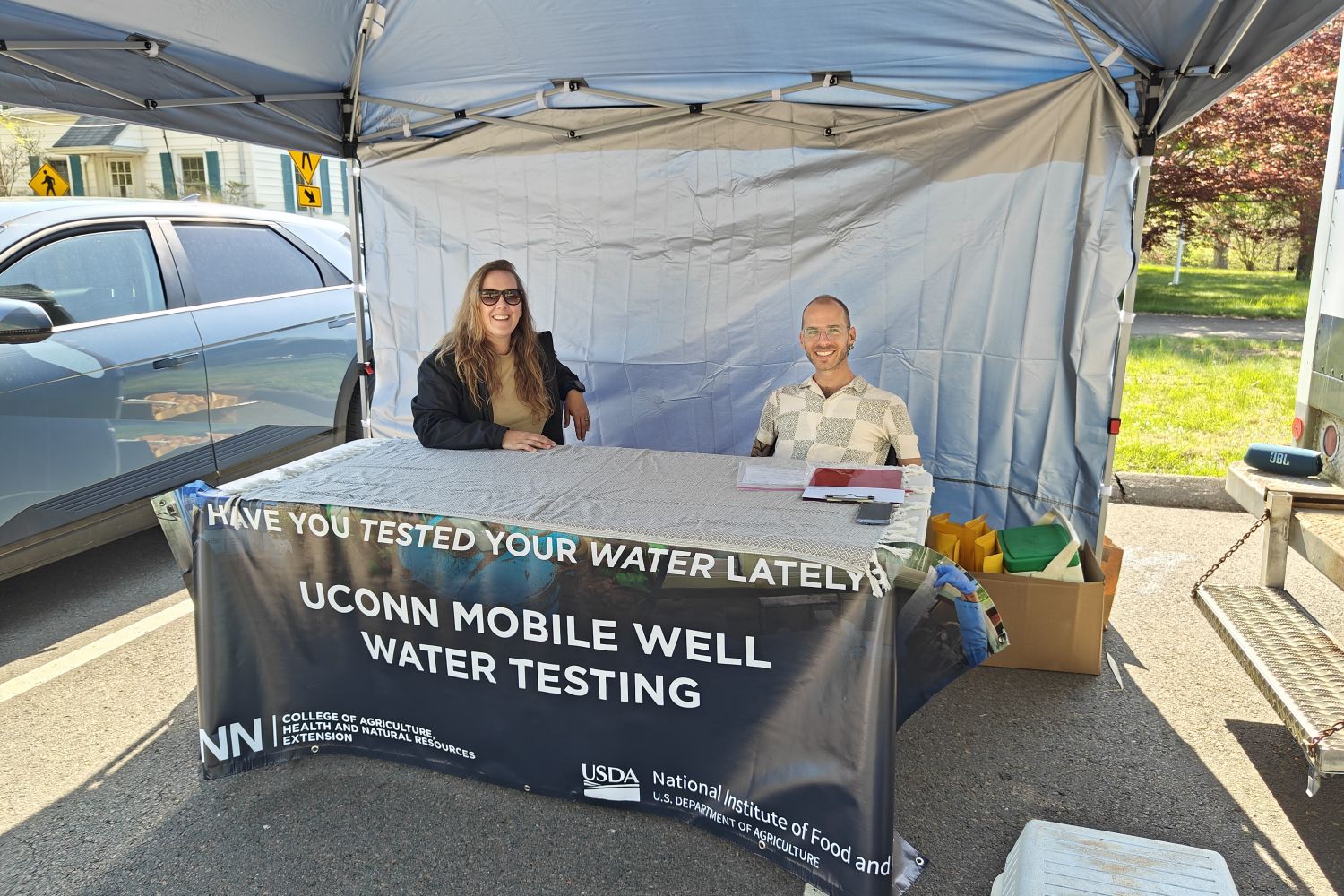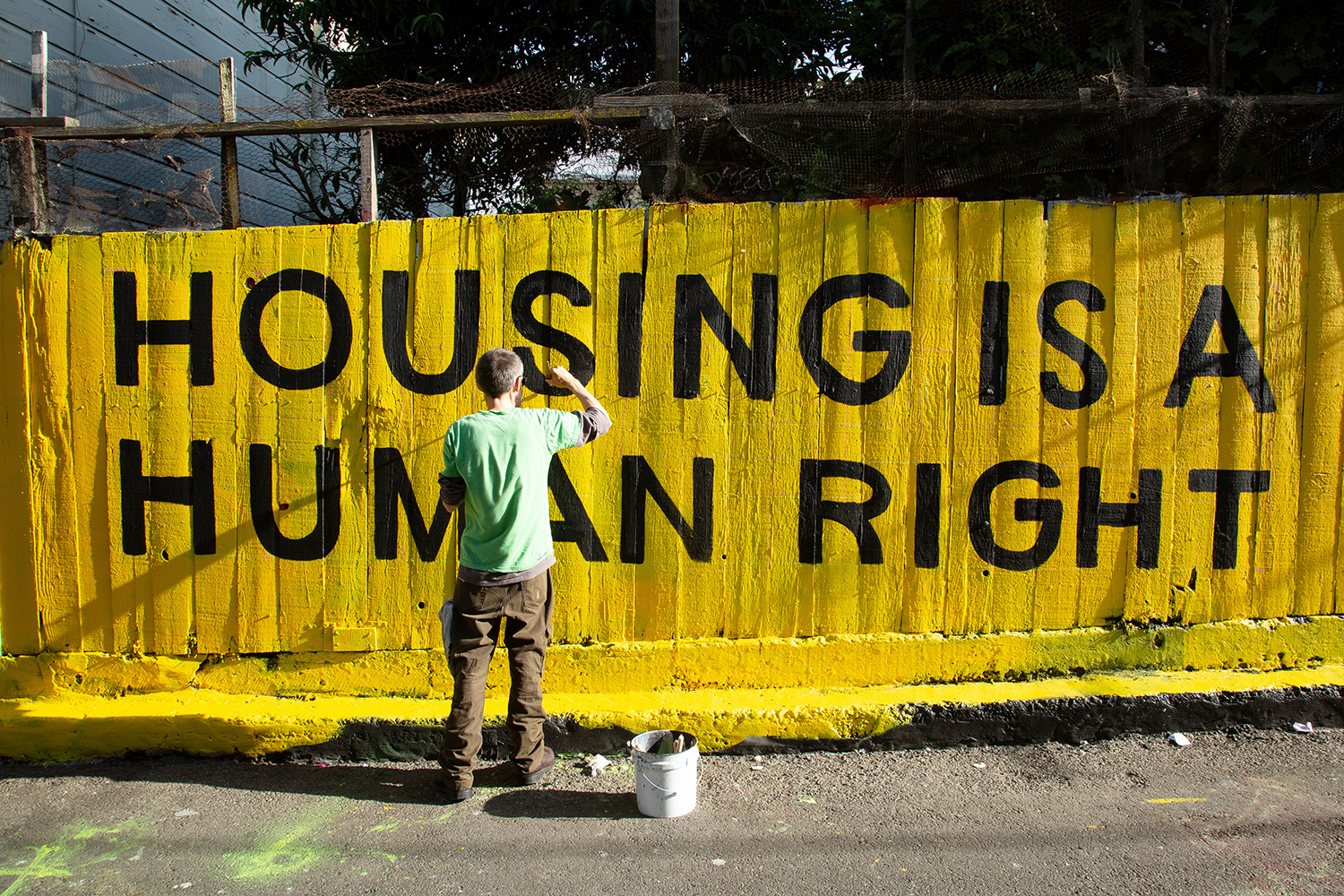CCERC Grant Supports SSW Study on Standards for School Social Workers
In the Spring of 2025, the UConn School of Social Work received a $200K Center for Connecticut Education Research Collaboration (CCERC) Social Work Practice in School Study award, designed to solicit researchers with diverse backgrounds and skillsets in order to create teams who investigate key questions relating to the education of Connecticut students. The study will examine the application of the “Practice Guidelines for Delivery of School Social Work Services,” established by the National Association of Social Workers (NASW), and aims to deepen the understanding of how school social workers apply professional standards, navigate challenges, and have an impact on their communities.
Originally established by the Connecticut State Department of Education (CSDE) and the Connecticut State Board of Education (CSBE) in response to the research and evaluative needs stemming from the COVID-19 pandemic, the CCERC is a collaborative of researchers from universities across Connecticut who support the CSDE by conducting evaluation studies on areas of import.


Through their winning proposal Standards in Practice: Examining the Impact of Social Work Guidelines on School Social Worker Roles and Stress, UConn SSW Co-Principal Investigators Gio Iacono, assistant professor; Caitlin Elsaesser, associate professor; Regina Lester-Harriat, assistant professor-in-residence; and Ph.D. student Vivian Roman-Hampton, MSW, LICSW, are challenged with examining the application of the Standards for School Social Workers: foundations of social work practice; education and learning systems and organizations; collaboration; assessment; intervention; and professional development.
In consideration of school social workers’ high student needs, limited resources, and organizational challenges, the study explores how social workers interpret and implement the Standards and examines stress and burnout. Using surveys and interviews across Connecticut’s school districts, the study engages an advisory board to maximize research impact.
Questions considered during their touch upon social workers and their perceived impact on students, and how they see their role as social workers in fostering systematic change within the school system. Those surveyed will be asked about their own impact on school policies that address student mental health and how to implement measures of progressive improvement.
Inversely, the well-being of the school social worker will be explored, as well, including mental health practice and acts of mindfulness and the perceptions of those acts on fostering wellness. Finally, the study will determine the strategies school social workers use, and what additional resources or supports are needed to better manage social worker mental health and professional burnout.
Social workers are vital in supporting students’ academic, social, and emotional well-being. Findings from this study will inform policy and practice, identify key stressors, coping strategies, and organizational supports needed to enhance school social worker well-being, advance equity in education, and practice with students, families, and community.
Latest UConn Today
- Mariah Klair Castillo ’24 MA: Finding a Voice as a Special Education TeacherCastillo originally worked in the insurance industry but always dreamed of teaching
- Getting Cozy: UConn Entrepreneur Focuses on Mindful Productivity as Werth Institute Program Continues Engaging First-Year Women'Take every opportunity you’re given and just make sure that you’re loving what you’re doing, that you want to be here, that you want to learn'
- Randy Walikonis Encourages UConn Students to Push Boundaries of KnowledgeAs UConn's biology majors continue to grow, the new head of the Department of Physiology and Neurobiology aims to expand hands-on opportunities while preparing students for research and medical careers
- Ripple Effect: The Collective Power of UConn Extension’s Water ProgramsFrom low-cost well water testing to reducing environmental threats to water safety through informed land use, UConn Extension programs seek to keep Connecticut's water clean and healthy
- UConn to Test Campus Emergency Systems on TuesdayUConn will conduct its Fall 2025 emergency alert system test on Tuesday, September 9
- Building Recovery Through Housing: SSW Awarded $1.6M to Evaluate Statewide HERO ProgramHERO acknowledges the link between stable housing and successful recovery for those who are experiencing or at risk of homelessness and are living with substance use disorders



